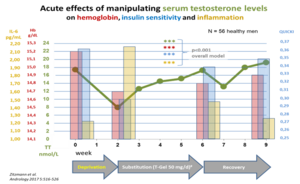Urological andrology and reproductive medicine
During our daily clinical work, we meet patients with a variety of andrological symptoms. For continuous improvement of diagnostics and therapies our research is of major importance. In close cooperation with natural scientists from the Institute of Reproductive and Regenerative Medicine we carry out translational projects which enables us to directly transfer results from basic research into the clinic. In clinical studies we additionally record and evaluate a wide set of parameters in extensive databases and biosample repositories. Based on our research we can examinate results interdisciplinary and provide individualised therapies according to the current status of knowledge. Consequently, the andrological symptoms of our patients are the basis for our research activities.
Research focus
- Fertility preservation: Protection of a person’s fertility by the use of cryo-conservation of sperm cells or germ cell tissues (among other things Androprotect - clinic and research)
- Methods of sperm diagnostics and surgical sperm extraction, processing and their use for in vitro fertilisation
- Long-term consequences of cancer treatment for male testicular and sexual function: defective erection and ejaculation, reduced fertility, hormone deficiency diseases
- Male infertility
At the moment, we closely cooperate in Clinical Research Unit (CRU) projects, research on testicular stem cells and sperm physiology.
Literature
All publications of Sabine Kliesch are given here (Pubmed)


